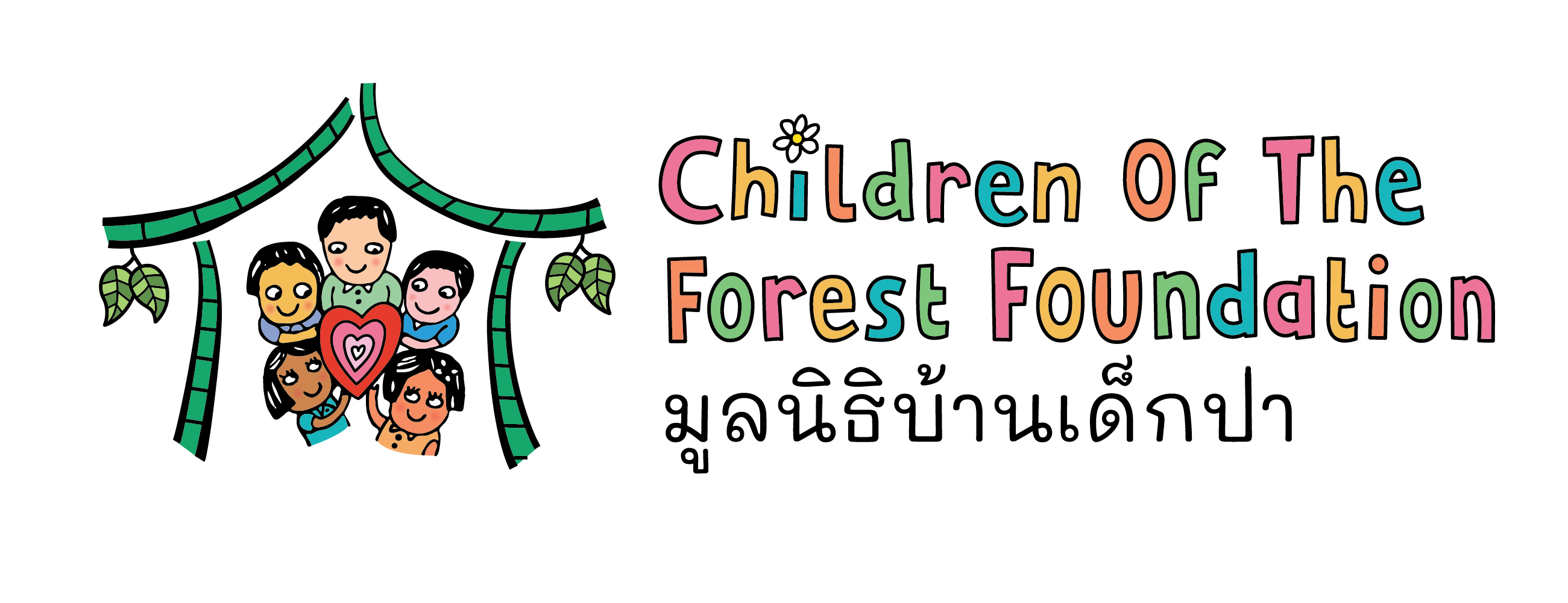Despite a 2005 Thai Cabinet Resolution that guaranteed migrant children the right to public education, reports have shown that less than 30% of registered migrant youth are enrolled in Thai government schools. Without Thai education, migrant children have no opportunities to acquire a Thai national identity card and work permit. Only with a formal Thai ID can migrant children access local rights and privileges. These include healthcare, university eligibility, freedom to travel, a driver's licence, legal employment, and worker protection.
We provide free education programmes so migrant children can access these rights. With 90% of the teaching team being born and raised in Sangklaburi, students are taught in both Thai and their local languages. This is especially important for connecting with new students who might not speak Thai. In our programmes, stateless migrant children develop the confidence, social skills, academic skills, and Thai language fluency necessary to enter the Thai public education system.
Our programmes are designed to support children of all ages, from young children entering education for the first time to older youth and young adults re-entering education later in life. We also provide financial support for qualified graduates of our educational programmes to pursue higher education in a vocational college or university.
Once students graduate with a bachelor's degree, they become eligible to apply for Thai citizenship. The first step is to prepare the student's birth certificate if they do not have one. This takes about one to two months. After that, we guide students through the application process. In approximately one year, the child receives their Thai citizenship card.
Explore our educational pathways below.






